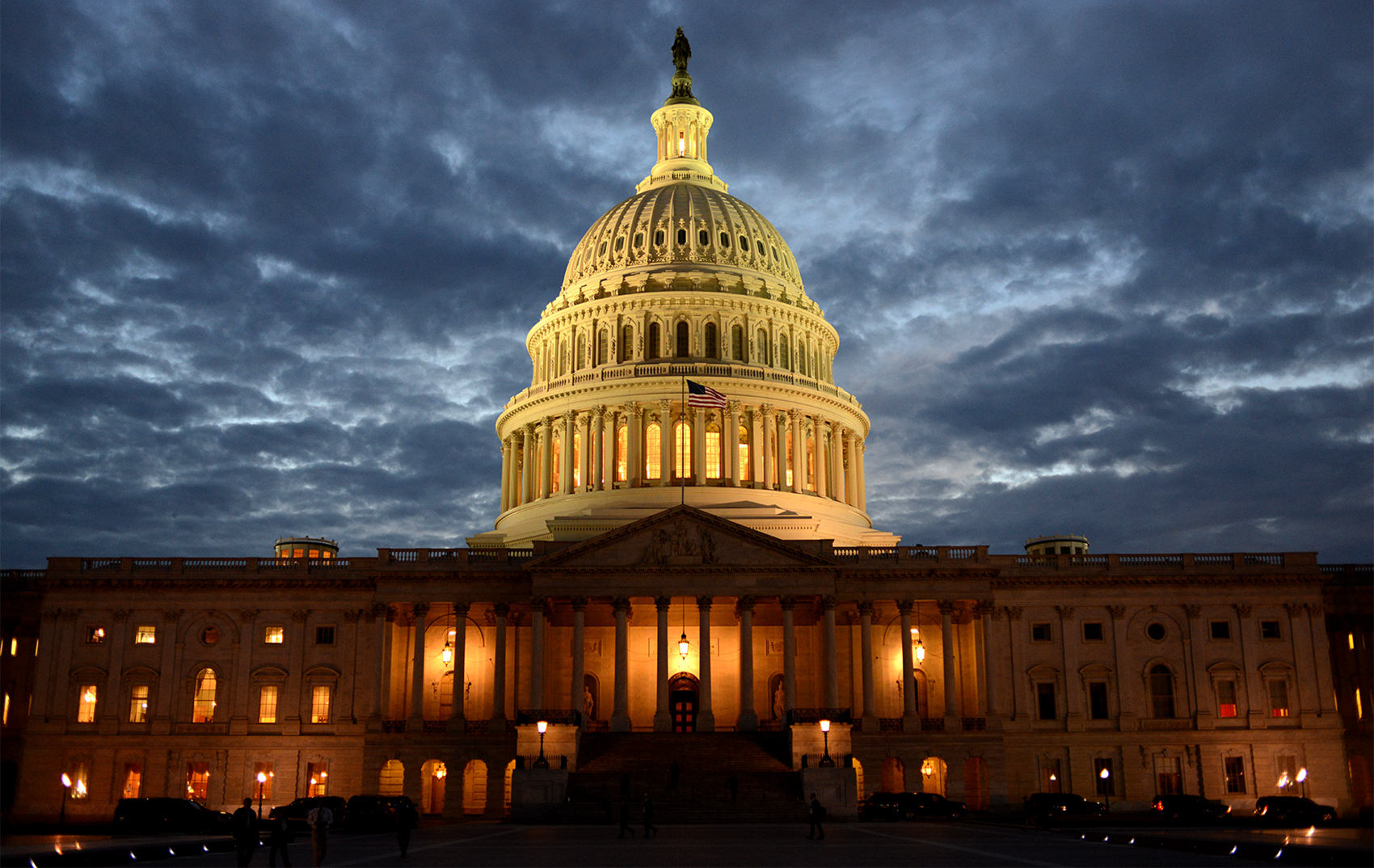 CC Image c/o Stephen Melkisethian on Flickr. License: https://bit.ly/2YPNed8.
CC Image c/o Stephen Melkisethian on Flickr. License: https://bit.ly/2YPNed8.
House Select Committee on the Climate Crisis Unveils Congressional Action Plan
On June 30, members of the House Select Committee on the Climate Crisis released an action plan titled Solving the Climate Crisis: The Congressional Action Plan for a Clean Energy Economy and a Healthy, Resilient, and Just America. The plan calls for net-zero carbon dioxide emissions in the U.S. by 2050, with net-negative emissions thereafter. Solving the Climate Crisis covers climate and energy security, issues the American Security Project (ASP) has long been engaged on.
Climate Change and National Security
Solving the Climate Crisis identifies climate change as a “threat multiplier” to U.S. national security interests across the globe. The plan suggests America reduce this threat by updating the Department of Defense (DOD) Climate Change Adaptation Roadmap; strengthening climate preparedness for DOD procurement, logistics, and supply chains; and incorporating climate projections into national security policy, planning, and analyses.
ASP has written extensively on the impacts of climate change on U.S. military bases and developed a website dedicated solely to issues of military base resilience. In recent years, ASP has expanded its climate security portfolio to consider the broad nature of climatic threats to U.S. security interests. Recent publications in this vein include the opportunities provided by a Middle Eastern solar revolution, the role of climate change in exacerbating Nigerian food insecurity, and whether China will pursue clean or dirty growth in a post-COVID world.
Building Resilience to Climate Disasters
Solving the Climate Crisis calls for a unified, all-of-government approach to breaking the cycle of climate-fueled disasters and building U.S. resilience to future catastrophes. Proposals for doing so include: increasing funding for pre-disaster mitigation, authorizing community disaster recovery programs to reduce payout delays, and prioritizing funding for hazard mitigation in frontline communities.
ASP has long been concerned with resilience-building measures. Recent work in this area includes the challenge of managing simultaneous crises in the era of climate change, how to produce climate-resilient power delivery systems, and advice on preparing for the next pandemic.
Wildfire Mitigation
Solving the Climate Crisis recognizes the increasing risk wildfires pose to the U.S. homeland, with California experiencing its costliest and deadliest wildfire year on record in 2018. The action plan proposes preparing for future wildfires by strengthening federal programs to map wildfire and smoke risk, broadening the adoption of wildfire resilience-based codes and standards, and altering land management practices to reduce wildfire risk.
ASP shares this concern. Publications in this issue area include a look at the greater worldwide incidence of wildfires, the effects of extreme heat on U.S. national security, and climate change in California.
Clean and Secure Electricity Grids
The congressional action plan supports clean energy deployment and infrastructure development in U.S. electric grids and power markets. Specific proposals include: extending and expanding tax incentives for zero-carbon energy sources, establishing an energy efficiency resources standard, and supporting deployments of microgrids and distributed energy resources.
ASP has long supported energy diversification in the U.S. electric grid, for both climate and security purposes. Publications in this area include a report on micro nuclear reactors in the U.S. military, along with articles detailing the effects of climate change on the U.S. energy system and the case for microgrids.
U.S. Climate Leadership
The committee’s plan laments the U.S. abdication of climate leadership on the world stage, calling for a renewed American commitment to addressing global climate change. Proposals for demonstrating this commitment include: meeting the U.S. financial obligation to the Green Climate Fund, developing a Global Climate Resilience Strategy, and improving Arctic diplomacy and engagement.
ASP also believes the U.S. needs to be a global leader on climate issues. Recent discussions on this topic include: the role of the U.S. in influencing Chinese carbon emissions, whether we should bet on the U.S. or China in the years to come, broader Sino-American climate action, and America’s role in the Arctic.
—
ASP strongly believes that climate security is national security. Visit our climate security and energy security webpages for more information.





